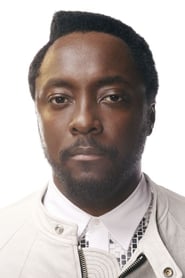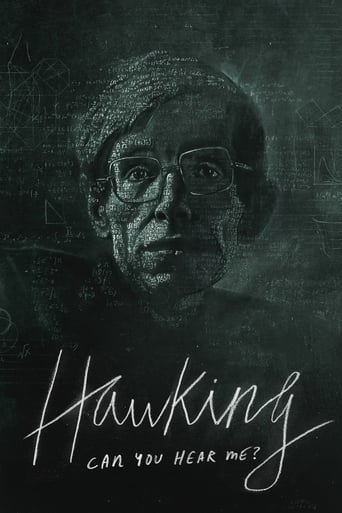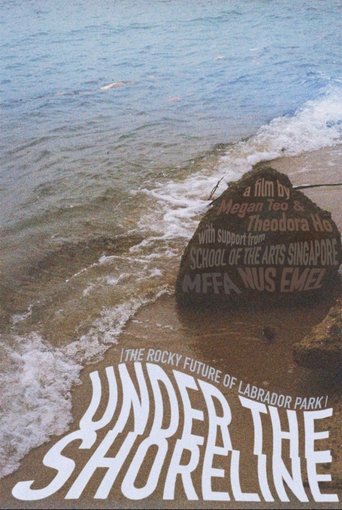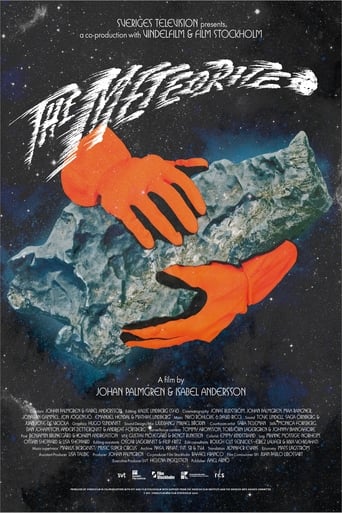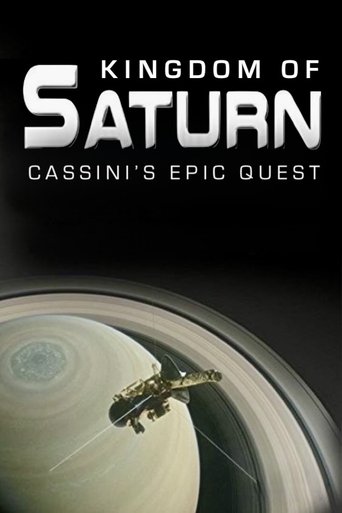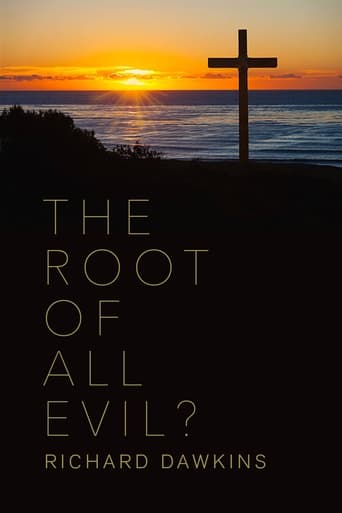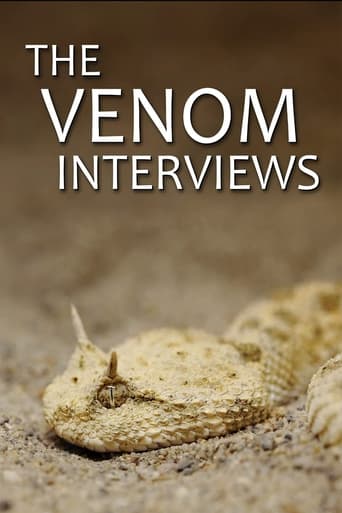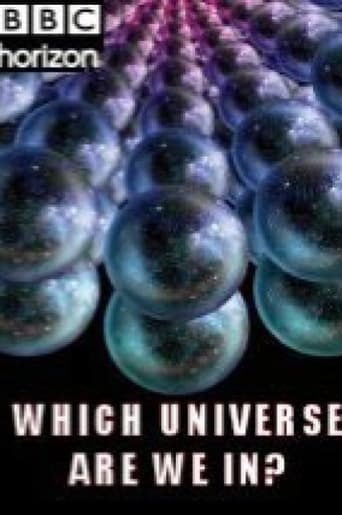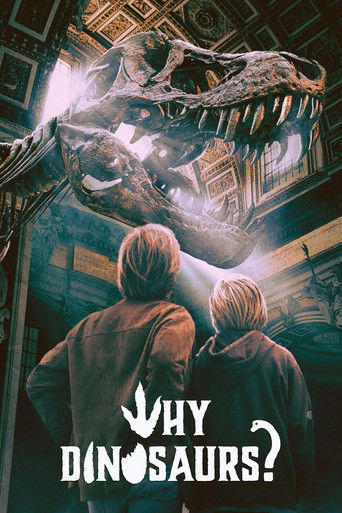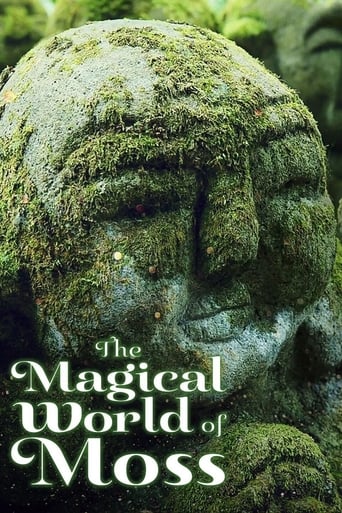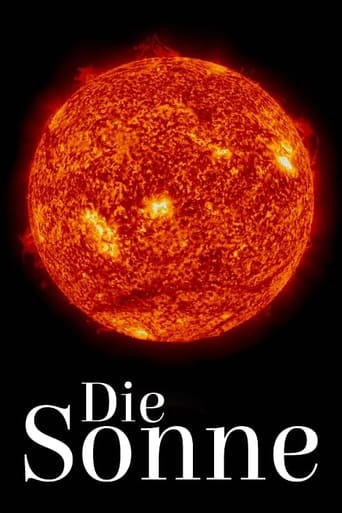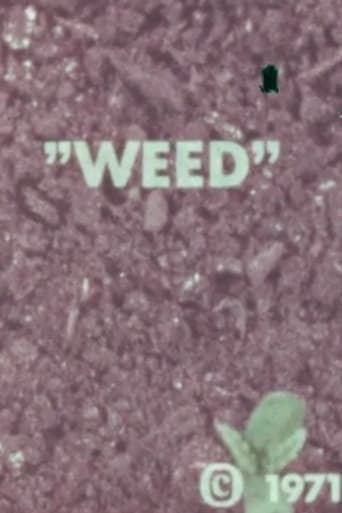The Disruptors
ADHD is one of the most commonly diagnosed-and widely misunderstood-neurological conditions in the world today, affecting nearly 10% of kids and a rising number of adults. But what if having an ADHD brain is actually an asset? A growing number of innovators, entrepreneurs, CEO's, Olympic athletes, and award-winning artists have gone public about their diagnosis, saying that their ADHD, managed effectively, has played a vital role in their success. The Disruptors hears from many of those game-changing people speaking candidly about their ADHD, and intimately takes viewers inside a number of families as they navigate the challenges, and the surprising triumphs, of living with ADHD. The Disruptors takes an immersive look at our approach to ADHD that debunks the most harmful myths, and examines the flip side of this trait that ultimately offers a revelatory understanding of the diagnosis, and real hope for millions of kids, families and adults with ADHD.




